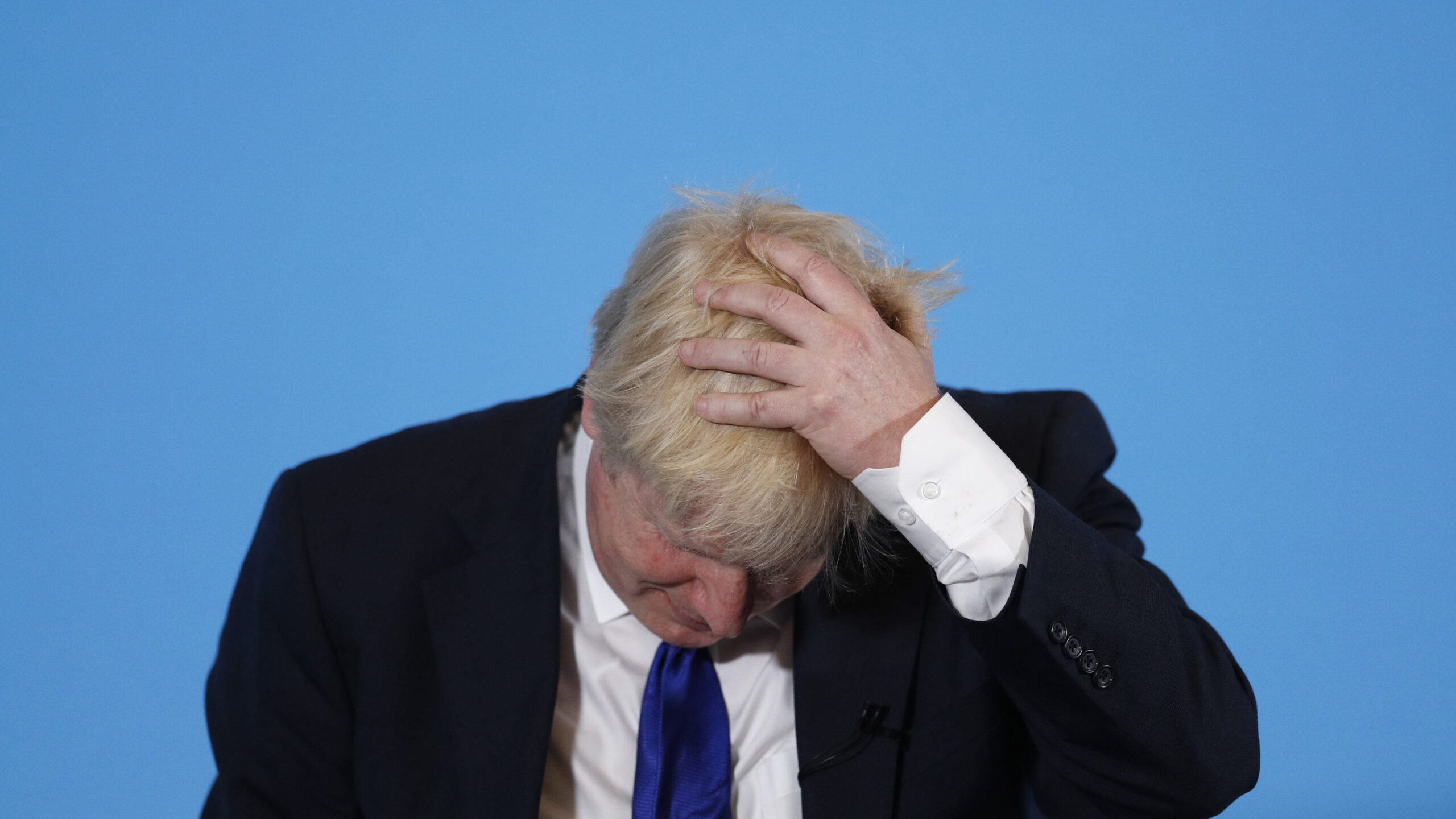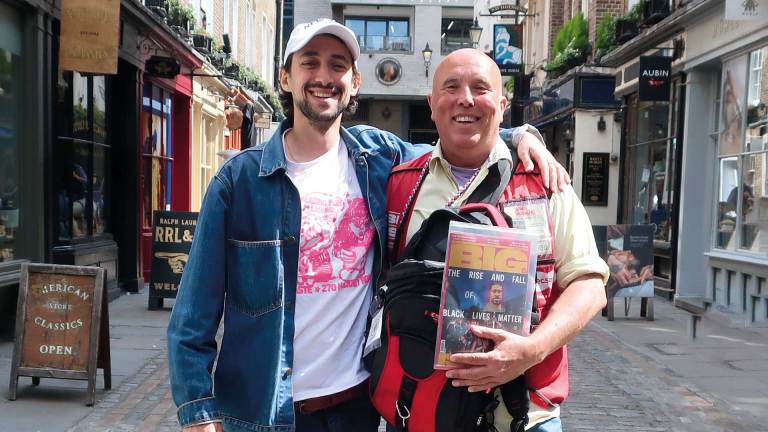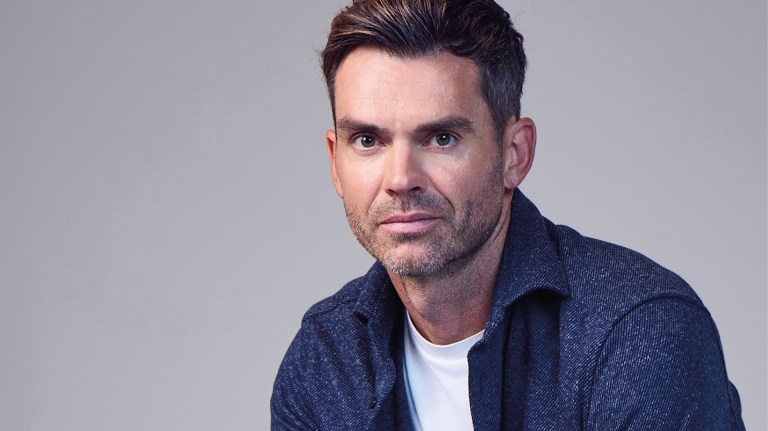When the pandemic began, some scientists thought this could be the turning point for the “we’ve had enough of experts” rhetoric, which encourages people who know somewhere between nothing and very little to realise that on certain matters their opinion drawn out of the papier-mâché of a beermat did not have the same value as that of people who had very specific focus on specific subjects they have spent a lot of time researching specifically. Shortly after the government briefings began, with fastidiously scripted rhetoric, it seemed to become apparent that THE science may be a fall guy.
Politicians spread word that they were very specifically following a singular science, should anything not be as it should be it would be due to the diligence with which they followed THE science. When dealing with a new virus it seemed unlikely that there was only one route and only one right way of thinking. This was time for the retort, “I think you’ll find it is more complicated than that” – a rejoinder that is generally useful with the rare occasion of opinions such as “I don’t like custard” or “this scarf is itchy” (even now I am realising that reasons for itchiness may be from flea to allergy and reasons for custard dislike may be Freudian. It’s complex).
Philip Ball is a science writer always worth paying attention to, his work has covered everything from music to molecules to physicists’ cognitive dissonance during the Third Reich. His latest documentary is Led by the Science, a look at the effect of scientific advice on the policy of governments. It started with an audio collage of government ministers repeating exactly the same phrases built around “taking the right steps at the right times” before going straight into Paul Nurse of the Crick Institute saying, “the simulations didn’t work. We weren’t well prepared and we did nothing about it.” The UK has some of the finest minds in infectious disease research and it has the NHS, but as Ball states, somehow we ended up with the second highest per capita death rate in the world. This was not a documentary that wanted to play the blame game, it looked ahead and asked, is the mechanism for feeding scientific advice into government policy fit for purpose?
The story of government science advisers starts with Churchill in the Second World War, a position that became official with the Wilson government’s appointment of Solly Zuckerman in the 1960s.
In 1990, John Selwyn Gummer fed his daughter Cordelia some beef during the early part of the BSE crisis (above), while assuring the journalists that the best scientific advice of the time stated that it was best to feed your children a burger by a five-bar gate and while a crowd watched. This advice proved premature (the problem was the beef, not the gate) and led to an inquiry, one of the conclusions of which was that “Science advice to government needs to be independent and transparent.”
The documentary dealt with many issues – the ideology of herd immunity, cognitive biases on Covid-19 being “really just flu”, sluggishness on testing and a slowness on lockdown due to fears of “lockdown fatigue”. One of the most uncomfortable possibilities is that, had the lockdown started a week earlier, 30,000 people may not have died due to Covid-19. There are also worries that the independence and transparency has not been what it should have been. The uneasiness of unbiased scientific advice was brought awkwardly to light when attempting to deal with Dominic Cummings’ lengthy lockdown road trip and out-for-a-spin eye test briefing. As Ball concludes, the most important outcome of any investigation into the relationship between government and science is what we can learn from it in terms of trust, in terms of reliability and in terms of ensuring lives are not lost unnecessarily.










